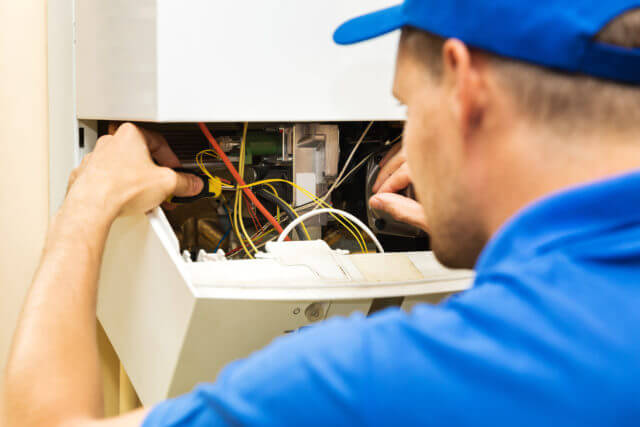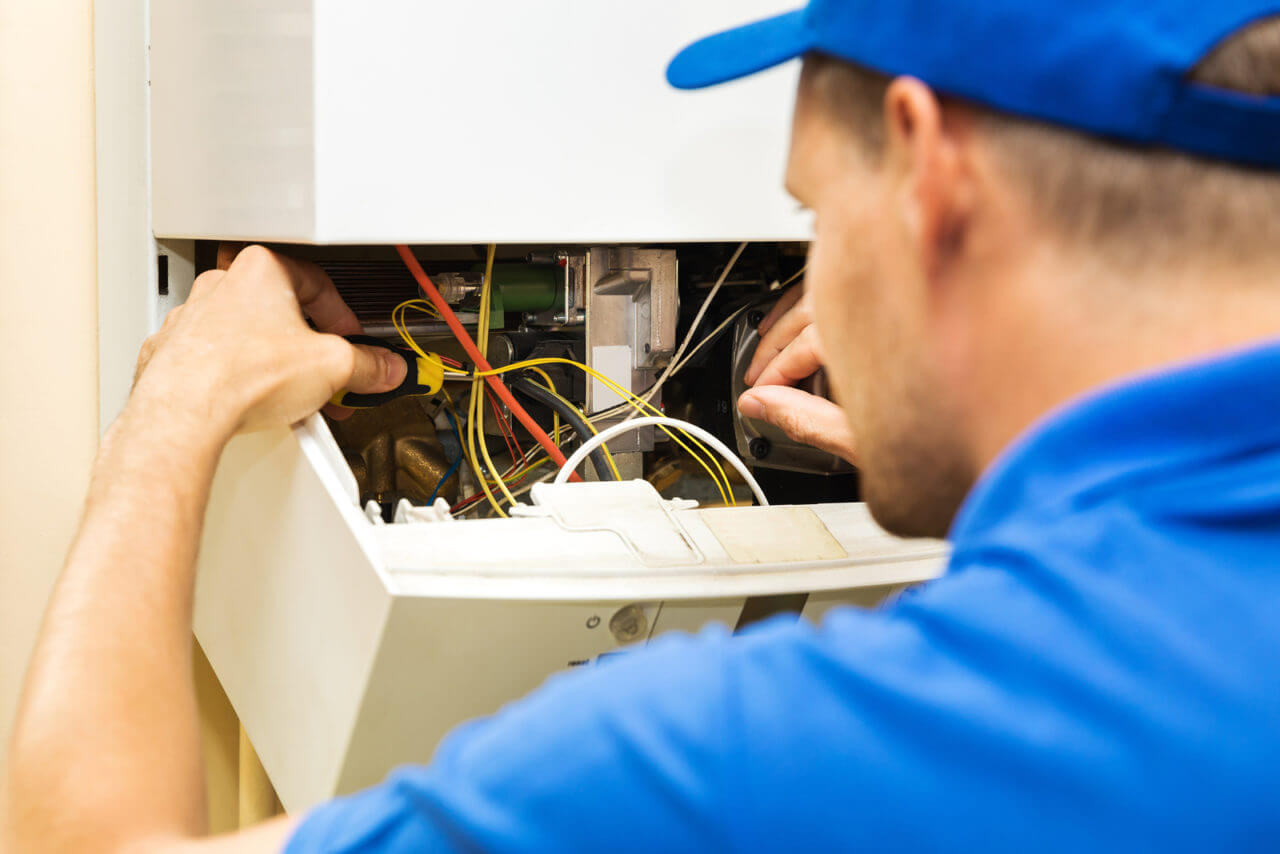Boiler Maintenance: A Guide to the Process and Its Benefits
What can you expect with boiler maintenance? Why should you subscribe to regular checkups and repairs? Learn those questions and more in our Oil 4 Wales Boiler Maintenance guide.
Do you use a boiler in order to heat your home? Are you performing maintenance on your boiler on a regular basis? If not, you should be!
If you want to get the most out of your boiler, you need to prioritise its upkeep. Regular upkeep optimises efficiency, reduces wear and tear, and maximises lifespan.
The question is: what does boiler maintenance entail?

How to Monitor the Heat Exchanger in a Boiler
A boiler’s heat exchanger is vital to its operation, as it converts produced heat to practical heat. Unfortunately, because it handles the water running through the boiler, it’s also prone to leakage. For this reason, you need to monitor it over time.
At the very least, you should be checking your heat exchanger on a weekly basis. However, truthfully, the more you check it, the better off you’ll be. Failure to detect a heat exchanger leak in a timely manner could result in seismic water damage throughout your home.
If you do detect a leak in your heat exchanger, it will likely need to be replaced. You’re advised to hire an HVAC technician to make this replacement.
How to Drain a Boiler
Over time, boilers become filled with rust, mineral buildup, and other such debris. Unfortunately, this debris can negatively impact the efficiency of a boiler, driving up energy usage, and reducing its lifespan. This is why, from time to time, you need to drain your boiler.
First, turn off your water supply. Then, open the valves on your boiler, allowing the water within it to pour down into buckets below. Next, connect a hose to the drainage valve on the side of your boiler, allowing water to be siphoned away either outside or to your bathtub.
Then, after the boiler has drained, open up its vent valves. This will allow air into the boiler, assisting in its drainage.
After it has drained fully, turn on your water supply, allowing it to wash out the interior of your boiler. Then, after a minute or so, close up the valves, allowing the water to fill up the boiler once again.
Following these steps will rid your boiler of all residue, allowing it to operate at maximum efficiency. This will prolong its lifespan, and reduce the cost of your energy bills.
How to Examine the Chimney and Connection Pipe
After a boiler has created heat, it has to do something with it. This is why it’s equipped with a chimney and a connection pipe. The chimney is used to eliminate unneeded gases while the connection pipe is used to transfer heat to its corresponding home’s heat system.
Unfortunately, over time, these two entities can deteriorate, leading to leaks. For this reason, you need to keep a close watch on them at all times.
If you notice any leaks, you should set out to repair them as soon as possible. The longer you allow them to exist, the worse the problem will become.
How to Keep the Circulating Pump Lubricated
In order for a boiler to run, it must be able to pump water to its various components. This responsibility falls on the shoulders of one component: the circulating pump.
The problem is that the circulating pump needs lubrication in order to operate effectively. It’s not going to lubricate itself. You need to do it, generally every year.
To lubricate a circulating pump, you simply need to add 3-in-One oil to your boiler’s oil tank. Once it’s been added, it will run through the system and provide the lubrication needed.
How to Clean a Boiler’s Exterior
While cleaning the exterior of your boiler won’t have a large effect on its performance, it will help to ensure that your home environment is a sanitary one. Boilers can collect a great deal of dust, thus making their surrounding areas dirty and unsightly.
Every year or so, you should take a wet rag to the outside of your boiler, ridding it of all residue.
How to Keep the Carbon Monoxide Detector in Operation
For the most part, boilers are safe. However, in rare cases, carbon monoxide will leak out of a boiler, creating a toxic environment for those who are living in its midst. This environment is not only at risk of causing sickness in human beings, but death.
So, how do you counteract the problem? By keeping a carbon monoxide detector in operation next to your boiler. A carbon monoxide detector will catch even small levels of carbon monoxide, alerting you to the fact that there’s a problem before it becomes dangerous.
Bring in a Professional
While you might be able to perform a great deal of the maintenance needed to keep your boiler in working order, you’re still advised to bring in a professional to ensure that your boiler is giving you its all.
Professional boiler specialists know exactly what to look for in boilers, and will be able to spot small problems before they become big problems. In the event that they catch any problems, they will be able to institute necessary repairs.
A professional inspection should take place at a minimum of every 2 years. Ideally, you’ll have your boiler inspected yearly.
Looking for Boiler Maintenance in Wales?
Is your boiler in need of maintenance? If you’re looking for boiler maintenance in Wales, Oil4Wales can help you.
Our team has performed maintenance on countless boilers throughout Wales, spotting problems and making necessary repairs. Regardless of the make and model of your boiler, we’ll ensure that it’s running at its max capacity.
Contact us today to get the process started!





